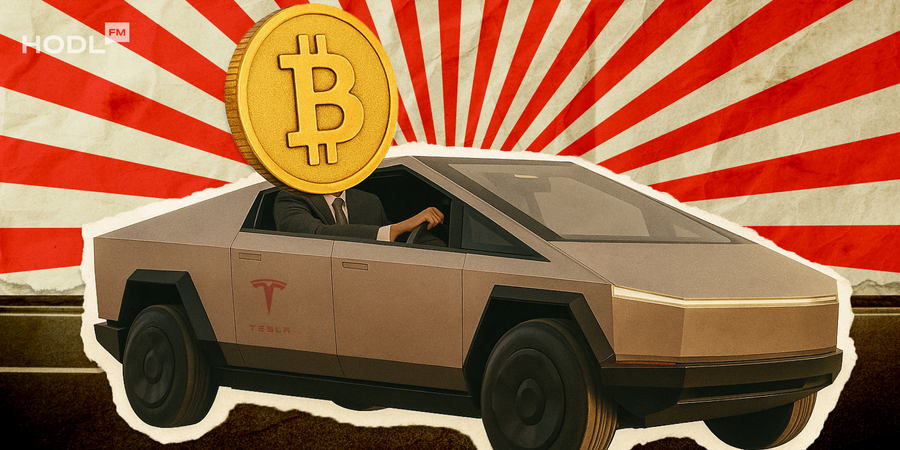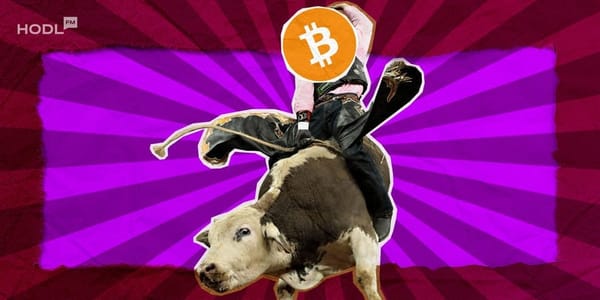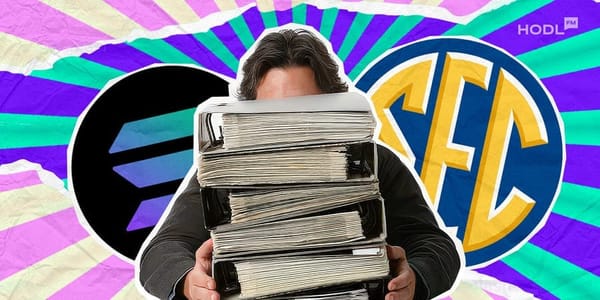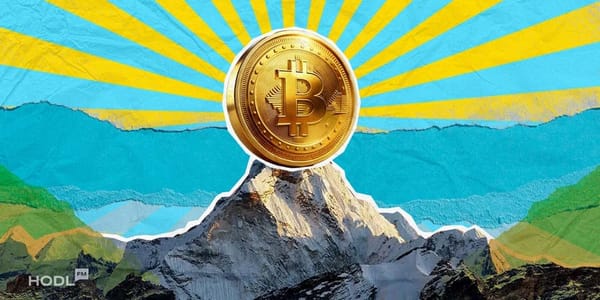Elon Musk has once again brought up the “51% renewables” threshold as a possible condition for Tesla to resume Bitcoin payments, stating that the energy behind Bitcoin “can’t be faked.”
The renewed comment echoes Musk’s 2021 pledge that Tesla would restart BTC payments once half of Bitcoin’s mining energy came from clean or low-carbon sources. Yet, even as recent data suggests the network may have passed that milestone, Tesla’s checkout page remains crypto-free.
Has Bitcoin met the clean energy bar?
According to the Cambridge Centre for Alternative Finance’s 2025 Digital Mining Industry Report, around 52.4% of Bitcoin’s mining energy now comes from sustainable sources. That figure includes 42.6% renewables, such as hydro, wind, and solar, and 9.8% nuclear or other low-carbon sources. Fossil fuels still make up the remaining portion, with natural gas rising to 38.2% and coal dropping to 8.9%.
If Musk’s benchmark includes both renewables and low-carbon energy, Bitcoin might already clear the 51% “sustainable” threshold. But if his definition is limited to renewables only, the share remains below the mark.
Cambridge’s results are also survey-based, covering about 48% of global mining capacity, leaving room for uncertainty. Regional energy mixes, off-grid mining, and differences in measuring “clean” power all make this a complex calculation.
Why hasn’t Tesla done so yet?
Even if Bitcoin meets the sustainability benchmark, several factors may explain Tesla’s continued hesitation.
Verification and trend: Musk’s earlier statements suggested Tesla would act only when clean energy use shows a sustained upward trend, not just a single report crossing 51%.
Definition challenge: Whether “sustainable” includes nuclear power, or only renewables, remains unclear. A decision based on overly broad definitions could be viewed as greenwashing.
Operational and financial risk: Bitcoin payments introduce volatility, accounting complications, and regulatory uncertainty. For Tesla, these risks may outweigh the symbolic gain of reaccepting BTC.
Brand image: Tesla’s environmental reputation means any perceived backslide on Bitcoin’s carbon footprint could invite criticism from ESG-conscious shareholders and customers.
Technical readiness: Restoring BTC payments requires rebuilding processing systems and conversion infrastructure, no small task for a company juggling multiple launches and AI projects.
Together, these suggest the “51% renewables” marker is a necessary, but not sufficient, condition for Tesla’s return to Bitcoin payments.
Musk reiterates that Bitcoin is “based on energy”
In a separate post on X, Musk doubled down on the energy link. Replying to a ZeroHedge thread about AI-driven monetary expansion, he wrote:
“True. That is why Bitcoin is based on energy: you can issue fake fiat currency, and every government in history has done so, but it is impossible to fake energy.”
When another user commented that “Dogecoin is also based on energy,” Musk responded with a “💯” emoji, signaling agreement.
The remarks come after a long period of silence from Musk on the crypto topic. Tesla still holds about 11,509 BTC, worth roughly $1.21 billion, according to CoinGecko data, down from its peak holdings before selling most of the position in 2022.
What it means for adoption
If Bitcoin continues to strengthen its clean-energy credentials, Tesla’s eventual return could mark an important symbolic win for sustainable crypto mining. Still, Musk’s revived comments suggest Tesla’s decision will depend not just on percentages, but on validation, consistency, and optics.
For now, Bitcoin’s sustainability claim stands as a milestone in narrative terms, proof of progress, but not yet a ticket back to Tesla’s checkout page.
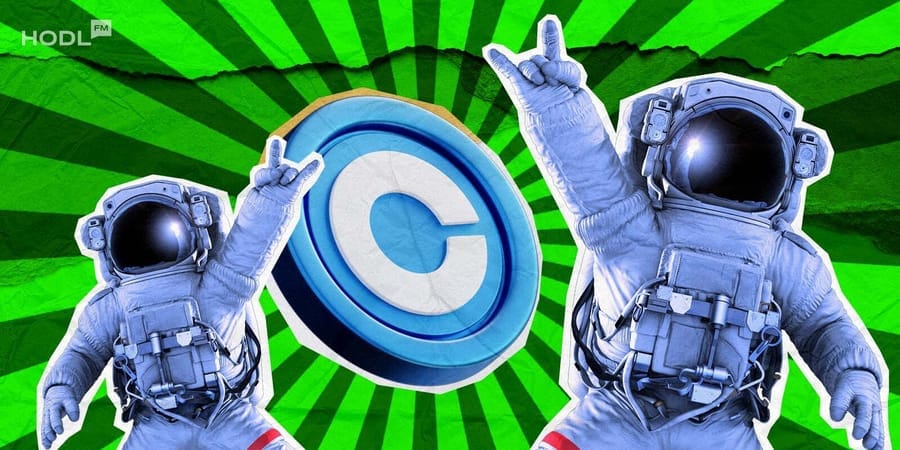
Disclaimer: All materials on this site are for informational purposes only. None of the material should be interpreted as investment advice. Please note that despite the nature of much of the material created and hosted on this website, HODL FM is not a financial reference resource, and the opinions of authors and other contributors are their own and should not be taken as financial advice. If you require advice. HODL FM strongly recommends contacting a qualified industry professional.
